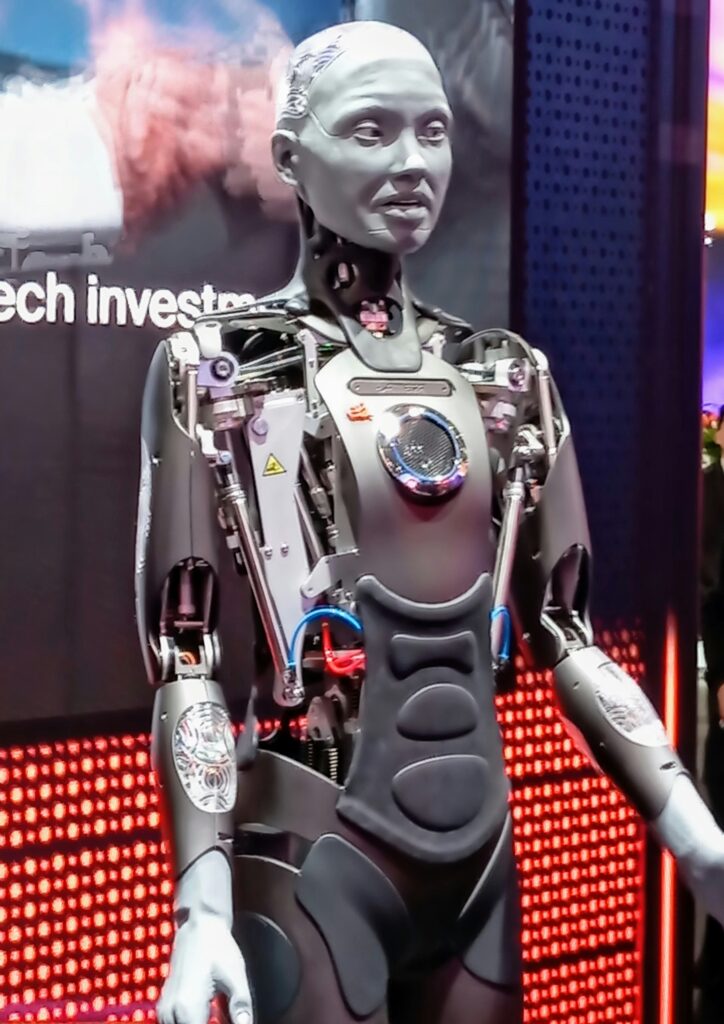In the past 18 months, the landscape of global entrepreneurship has been dramatically reshaped by the proliferation of generative AI. Startups are no longer merely adopting AI as a tool; they are being built on AI, fundamentally rethinking business models and product development. This new era, spearheaded by breakthroughs in large language models (LLMs) and advanced machine learning, has seen an unprecedented surge in AI-first companies, from personalized content creators to automated code generators.
According to recent reports by Statista, the generative AI market is projected to reach over $100 billion by 2030, a clear indicator of the massive investor confidence and market potential. Venture Capital funding in AI startups hit record highs in early 2024, demonstrating that investors are actively seeking out companies that can harness this transformative technology for scalable solutions. This data underscores a critical shift: AI is no longer a niche, but a core driver of economic growth and innovation.
Disrupting Industries with Intelligent Systems
These AI-powered startups are not just optimizing existing processes; they are creating entirely new markets and disrupting established industries. In healthcare, AI diagnostic tools are improving accuracy and speed, while in education, personalized learning platforms are adapting to individual student needs. Content creation has been revolutionized by AI tools that can generate text, images, and even video in minutes, empowering small businesses and solo creators. Even traditional sectors like legal and finance are seeing AI-driven platforms streamline complex operations, making specialized services more accessible and efficient.
Challenges and the Road Ahead for AI Entrepreneurs
Despite the immense potential, the journey for AI startups is not without its challenges. Ethical considerations surrounding bias, data privacy, and the responsible deployment of powerful AI models remain paramount. Regulatory frameworks are still evolving, creating an uncertain environment for innovators. Furthermore, the fierce competition for top AI talent and the substantial computational resources required for development can be significant barriers. Successfully navigating these complexities will distinguish enduring successes from fleeting trends.
Experts like Dr. Anya Sharma, a leading AI ethicist, emphasize the importance of ‘human-centric AI development, where the technology serves to augment human capabilities rather than replace them entirely.’ The coming years will likely see a push towards more specialized AI applications, deeper integration with Web3 technologies, and an emphasis on explainable AI (XAI). We can expect a period of consolidation, where robust and ethically sound AI solutions gain dominance, further solidifying AI’s role as the backbone of future economies. Startups that prioritize responsible innovation and address real-world problems will be at the forefront of this evolution. For more insights into how AI is shaping various sectors, explore our article on The Rise of Generative AI in Content Creation.

